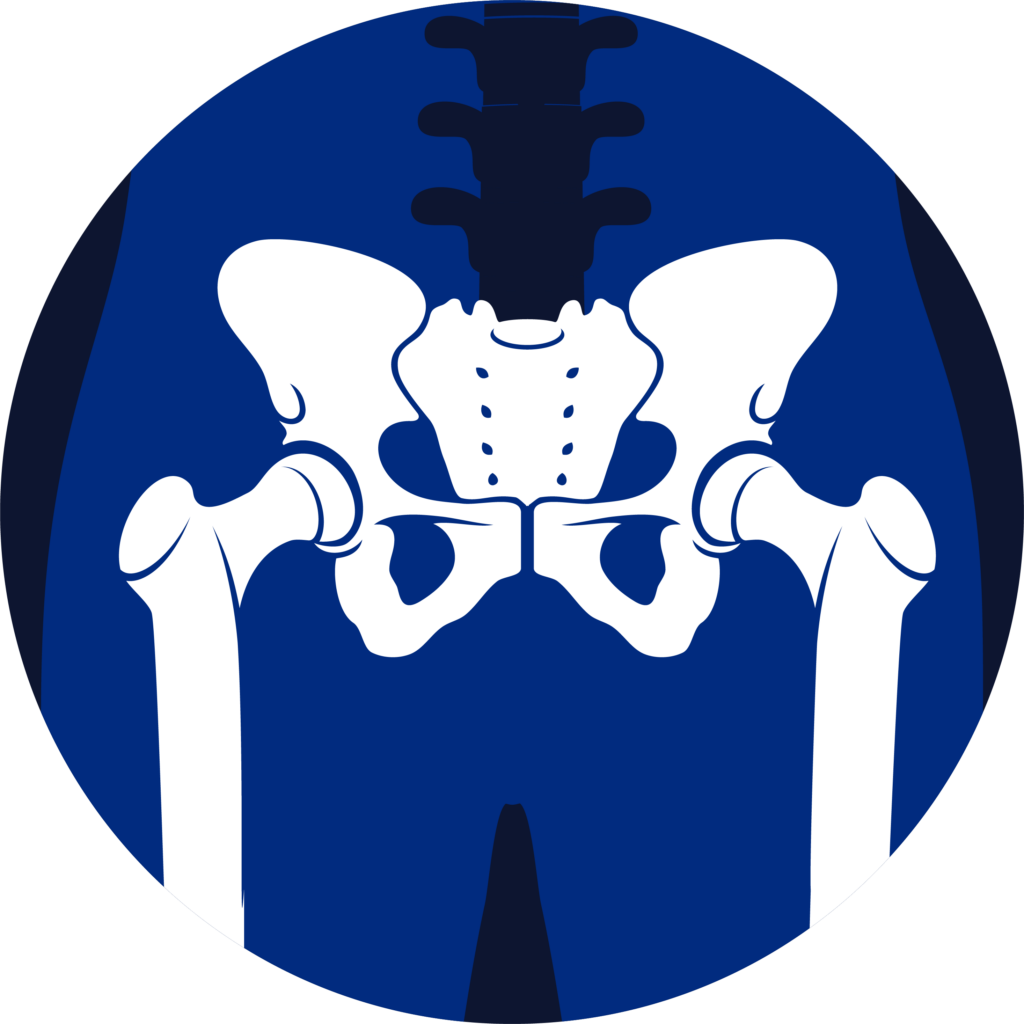Hip pain is an uncomfortable and unpleasant experience for many people. Learn more about types of pain, their causes, symptoms and treatments.

Hip pain is a common complaint among many people, caused by an underlying issue with the hip joint or surrounding muscles and ligaments. The most common cause of hip pain is osteoarthritis, a progressive form of condition which results in the wearing away of the cartilage in the joint. This can cause stiffness, inflammation, and intense pain with any kind of movement. Other causes include bursitis (inflammation of fluid-filled sacs cushioning the joint), tendonitis (inflammation of tendons around the joint), and fractures or dislocations due to injury or overuse.
Symptoms of hip pain can vary depending on the underlying cause but may include:
In order to diagnose hip pain properly and determine its root cause, medical professionals will typically ask about one’s medical history as well as performing physical examinations and imaging tests such as X-rays or MRIs.
Treatments for hip pain depend on its severity and underlying cause. A combination approach often works best, involving both medications such as ibuprofen to reduce swelling and inflammation as well as physical therapy exercises that help strengthen muscles around the joints, stretching techniques that increase range of motion, and aquatic exercises that help keep weight off pressure points without strain.
Surgery may be required if medications are ineffective in treating symptoms, however this is only done if deemed absolutely necessary. To prevent future episodes of hip pain it’s important to maintain a healthy lifestyle with regular exercise and proper nutrition for optimal bone health throughout life. If you are experiencing discomfort in the hips, reach out to Victoria Orthopedic Center for medical advice and treatment.
Hip replacement is a surgical procedure in which the hip joint is replaced by a prosthetic implant, that is, a hip prosthesis.
Although recovery time depends on individual situations and treatment approaches, patients who have undergone hip replacement can often return to daily activities after several weeks of at-home therapy during which they gradually ease themselves back into physical activity.
Anterior hip replacement is a surgical approach that has dramatically changed the landscape of modern hip replacement as it causes less tissue trauma which allows for faster recovery and fewer hip precautions.
While a complete hip replacement is one of the most successful procedures in all of medicine, a hip replacement can fail for a variety of reasons. When this occurs, your doctor may recommend a second operation to remove some or all of the parts of the original prosthesis and replace them with new ones.
A femoral neck fracture is a break that occurs near the top of the thighbone (femur) and can be a serious injury, often leading to pain, instability in the hip joint, decreased mobility and strength, and possible long-term disability.
A Subtrochanteric Hip Fracture is an often painful fracture that occurs in the area between the greater and lesser trochanters of the femur, typically resulting from a fall or high-energy trauma.
Hip bursitis is inflammation of the bursa around the hip joint. Bursa are small jelly-like sacs that are positioned between bones and soft tissues, acting as cushions to help reduce friction. Trochanteric bursitis may affect the hip’s outer area, or the outside part of the upper leg.
Transient synovitis, commonly called irritable hip, is the most common cause of limping in children. It is due to inflammation of the lining of the hip joint often caused by the child recently recovering from a viral infection.
A hip labral tear involves the ring of cartilage that follows the outside rim of the hip joint socket. Besides cushioning the hip joint, the labrum acts like a rubber seal or gasket to help hold the ball at the top of the thigh bone securely within the hip socket.
© 2023 Victoria Orthopedic Center, all rights reserved.
Built and Powered by Building Brands Marketing.

Detar Hospital
Board of Trustees 2012-2017
Chairman Board of Trustees 2015
Vice Chairman Board of Trustees 2014
The Surgery Center
Governing Board chairman 2000-current
Specializes In:

Detar Hospital
Chief of Staff 2023-2025
Vice Chief of Staff 2021-2023
Chairman Quality/Peer review committee 2021-2023
Secretary of Staff 2019-2022
Chief of Surgery and Chairman of Credential committee 2019-2021
Specializes In:

Detar Hospital
Chief of Surgery 2021-2023
Citizens Medical Center
Peer review committee 2019-current
Trauma committee 2019- current
Specializes In: